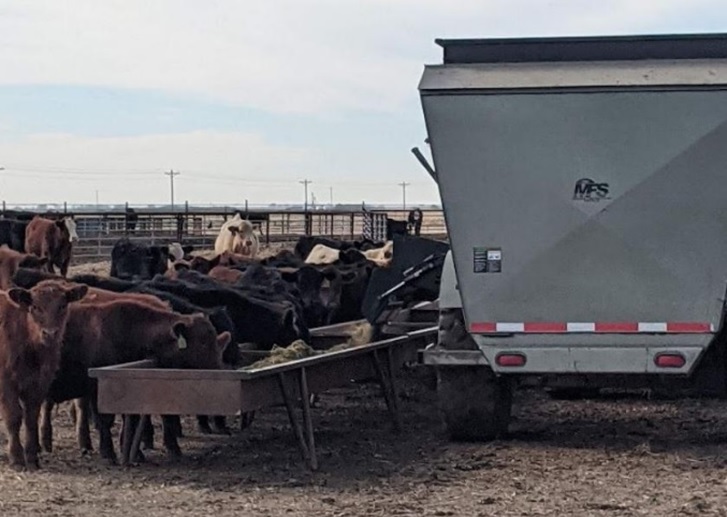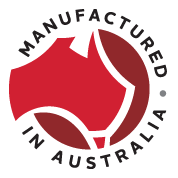While vaccination is widely considered a critical component of cattle health management, could the timing of vaccination impact the efficiency of the product?
A study by the West Texas A&M University Department of Agricultural Sciences and the USDA Agriculture Research Service Livestock Issues Unit in Lubbock, Texas shows there may be more effective vaccination protocols for stressed, high-risk calves arriving to a backgrounding or feedlot operation.

While bovine respiratory disease (BRD) remains the costliest disease in the U.S. cattle industry, modified-live virus (MLV) vaccination against respiratory pathogens in cattle on feedlot arrival has been unanimously recommended by consulting veterinarians. However, there is surprisingly limited, but emerging literature describing the efficiency and safety of vaccination in different cattle production environments including: delayed administration of MLV vaccines in stressed, high-risk cattle says the report published online in the National Library of Medicine.
According to the USDA Centre for Veterinary Medicine, the USDA approval process does not require examining the safety of vaccination in highly stressed, immunosuppressed cattle. Additionally, products are labelled to “be effective for the vaccination of healthy cattle” and not necessarily proven to work on cattle under physiologic stress.
Source: Paige Carlson, Bovine Veterinarian



